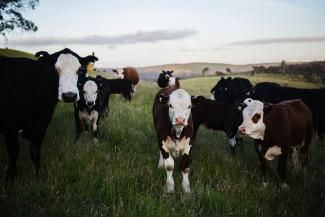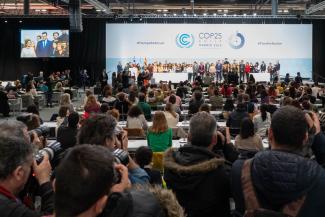Offshore Wind Development in the United States and Lessons from Denmark

As our global energy demand continues to rise, our dependence on renewable energy sources will inevitably increase as well. The offshore wind industry is a fairly new sector within the energy space. Although the United States is already one of the world’s largest onshore wind energy markets, there remains a substantial amount of growth potential off of our shores.








